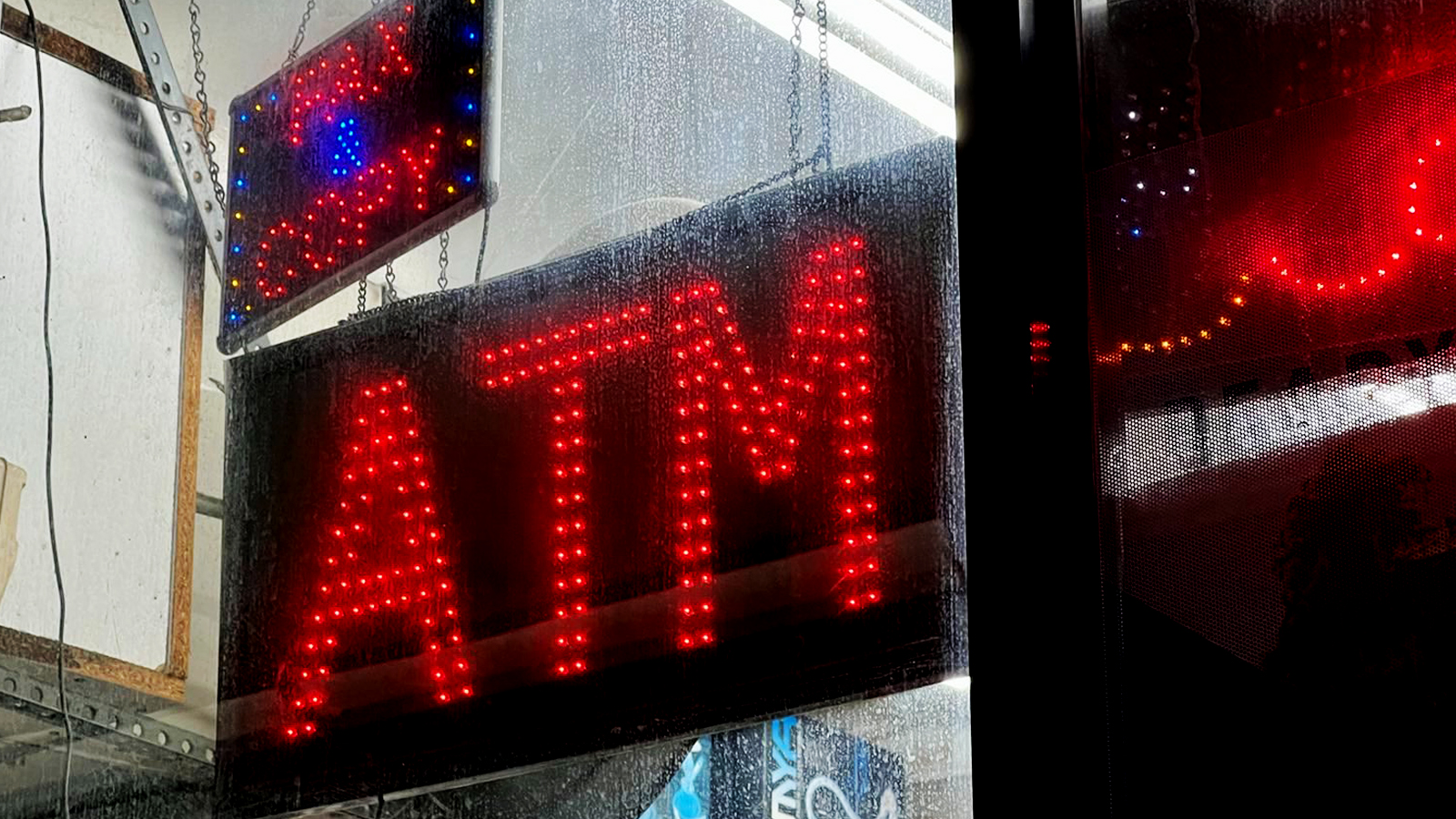
Elizabeth, 34, was elated when she received a notice that she had been approved to receive financial assistance from the Excluded Workers Fund (EWF). She had gotten Covid-19 in early May of 2020 and lost her job as a house cleaner and had fallen behind on rent. She was surviving on borrowed cash from her family.
On November 5th, 2021, she received a debit card in the mail with $14,820 on it. “It was a blessing from God, it felt like my early Christmas present,” Elizabeth said. She used one third of the money to pay back the debt to her family, around $5,800, and with the rest, she was able to buy food, school supplies for her older son, 16, and a new backpack for her daughter, 5.
Donate now
We provide indispensable news and information for and about New York’s immigrant community. Your support will enable that work to continue.
Early one December morning, she took her usual stroll to her local bank in Jamaica, Queens, to withdraw the money she depended on for food and her expenses. She put in her card and punched in her pin, and shortly after a message popped up on the ATM screen: she had insufficient funds in her account, it said. She called the company who issued the card and was told that she only had $25 left. Somehow, $3,200 had disappeared.
Elizabeth is one of at least…







